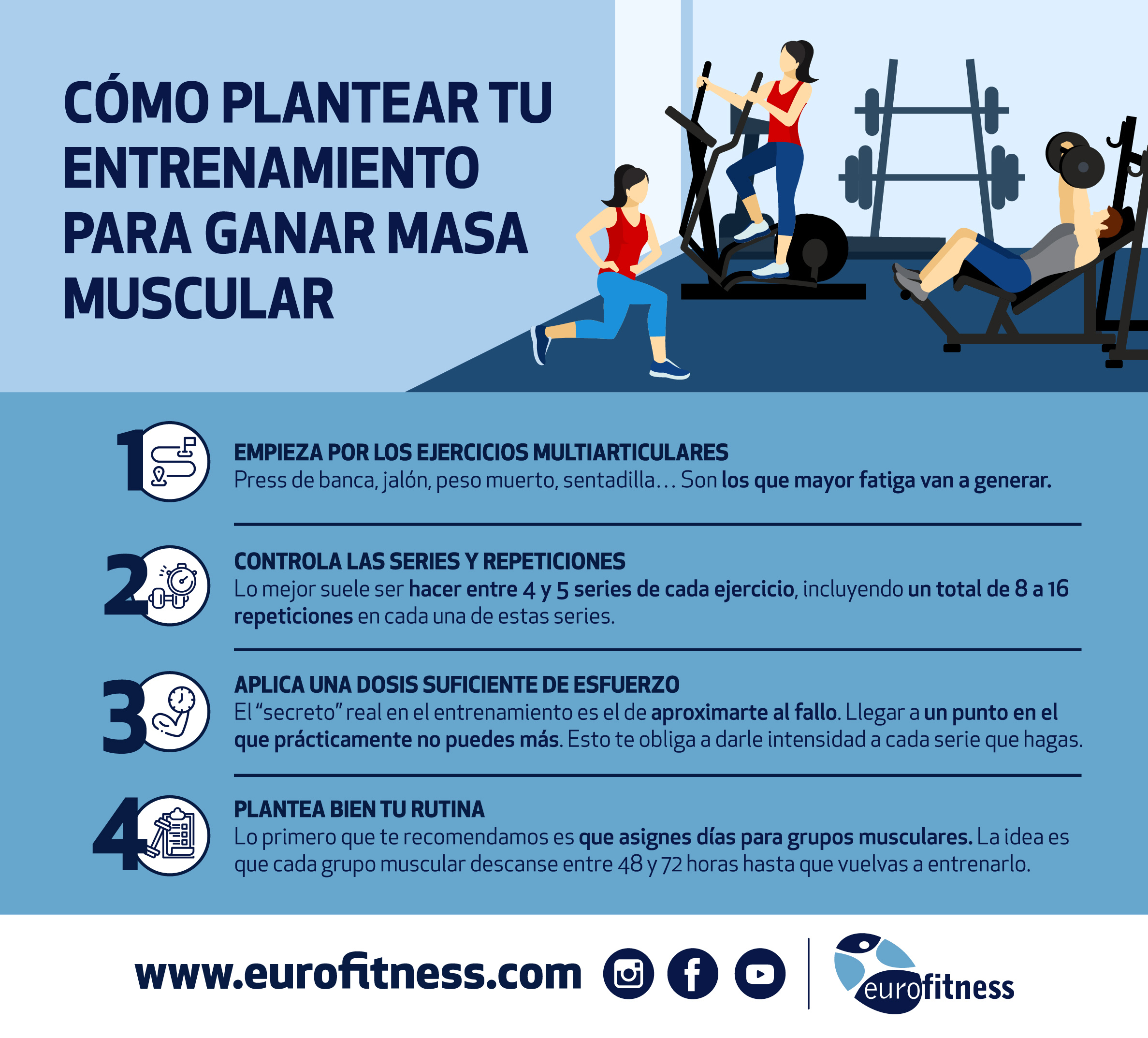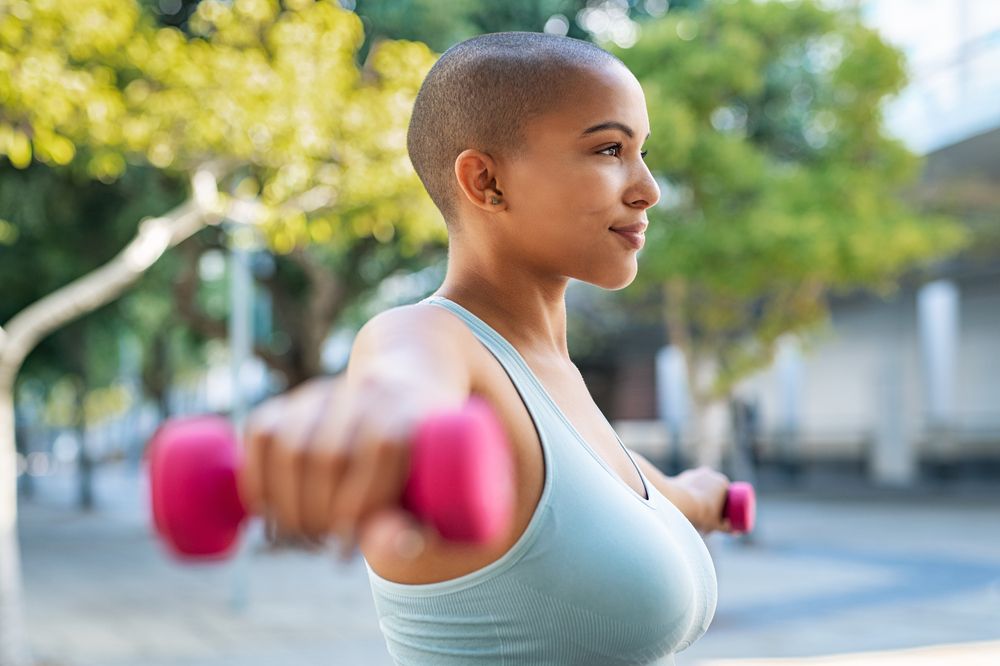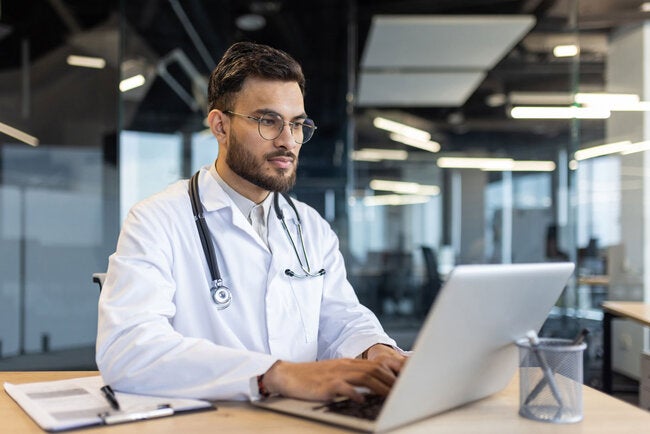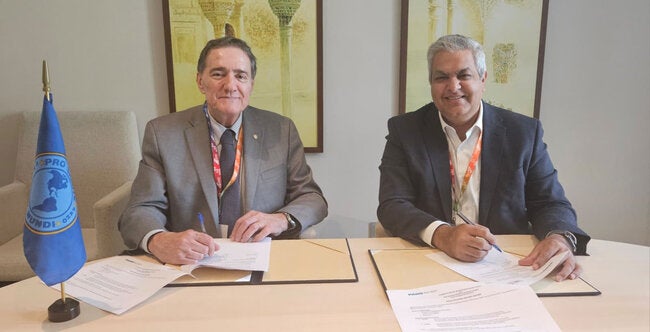«It is very important that we women train ourselves, that we help other women to empower themselves and that we accompany them»
Salud Mental Euskadi interviews Lurdes Da Costa, mental health activist at Salut Mental Catalunya and the State Women’s Network of SALUD MENTAL ESPAÑA, for her blog mujerysaludmental.org. Below, we reproduce the full interview.
What has been your own experience in mental health?
I wasn’t diagnosed until I was 38, but looking back I realize that I already had problems. My first suicide attempt was when I was 9 years old; It didn’t fit. I have suffered sexual abuse when I was very young, and I have had difficulties surviving because I had a very small salary. I am Portuguese and they told me about Spain, that there was access to other types of work and you could have a better life, but when I arrived here I found myself involved in white slavery and I lost my freedom. I was alone because I lacked support. After five years I managed to leave and was able to study and be a mother. I have a daughter who is now 25 years old. At 33 years old I was diagnosed with fibromyalgia and subsequently began a two-year period in which I was in the revolving door of psychiatric hospitals.
How has your approach to the Salut Mental Catalunya association movement been?
He had many prejudices against associations; It seemed to me that I didn’t have that problem, that I was different, but I was totally wrong. I started going to a group of people with their own experience in mental health, and from there my life changed. This group opted for training as a way to become empowered. Thus, I trained as a spokesperson and learned about our rights, until a friend asked me to accompany him to a talk at an institute and that’s where my activism began.
At Salud Mental Euskadi, we have been working for many years on the issue of women with mental health problems, multiple discrimination and the issue of sexist violence. We have been making this reality visible for some time. What can we do to advance equality for women with mental health problems?
What I am going to tell you, you are already doing: make visible, make visible and make visible, in addition to training professionals. Many of us have felt like second-class citizens, not being aware of our rights. We even had to be grateful to our abusers because we survived thanks to them. There are highly educated women, graduates, and yet the jobs offered to women with disabilities are precarious. Another important aspect is that women do not access resources, and we must ask ourselves why this happens.
What do you think of the SPAIN MENTAL HEALTH Women’s State Network?
It seems to me to be the most wonderful thing he has ever known, although I am not impartial. The network helped me a lot. About sexual abuse, about white slavery, I have recently been able to talk about it with my daughter; I always felt very guilty for ending up there. Both on a personal level and at our Catalan federation, it has served as an example for us because we have realized that solidarity between women is very important. Even today there are many women who participate with us but are not able to speak in public. Even so, it is important to give them their space, and that is why there is the State Women’s Network, which brings together wonderful women from all the autonomous communities. So much so that from our federation we have copied the model and there we are.
Our reference in violence against women with mental health problems is the research we carried out, whose data shows that 80% of women with mental health problems have suffered violence throughout their lives, that 40% of women does not identify them as such and that in 50% of the cases the professional reference person did not know the situation of sexist violence suffered by the woman they were caring for. As a reflection, we see that the difficulty is in detecting sexist violence. How do you see it from Catalonia? What are you doing there?
In Catalonia, from women’s groups, we have created self-help groups, some managed by the participating women themselves and others by professionals. When you provide a space of trust and security, where they do not feel judged, you sell that sensitive information. This happens to us a lot in mutual aid groups where there are no professionals. They verbalize their problems more naturally when they find this space, because many times they cannot share these things with their family or with professionals. They are also afraid of retaliation. So, in the groups, being confidential, we try to speak from our experience, and when the woman begins to realize that she is suffering this type of violence, we refer her to professionals who can accompany her.
Many times the woman does not want to file a complaint either, because that could mean losing custody of the children. You have to take into account the woman’s entire context, see what support she has or does not have and adapt to her rhythm.
We hold plenaries, where women who manage groups and professionals meet, and there we present cases and analyze how we can help. You have to have a lot of patience, because each woman has to rebuild her times; You have to support her and help her raise her self-esteem, let her know that she is not alone, accompany her and also listen to her. Active listening is very important, and it is she who has to decide. We also know that sometimes it is very difficult for women with mental health problems to access shelter resources.
What can you tell us about the work you do in the women’s groups of Salut Mental Catalunya?
We started in 2019 with seven or nine women, and currently there are more than three hundred. We were caught by Covid, which stopped many things, and we began to see that women, due to issues of reconciling work and care, had difficulties accessing these meetings. For this reason, we began to create accessible spaces so that they can participate and organize online mutual aid groups. In this way, we also manage to provide accessibility to women in rural areas. We hold four annual meetings of women who lead groups with professionals, and we train to detect violence, to know our sexual and reproductive rights… We have organized some conferences and we have prepared a video titled «right to feel.» We are also participating in a perinatal group to accompany women before, during and after pregnancy.
In addition, we would like to have a personal assistance figure who could support women who have less autonomy and accompany them in their empowerment.
Where do you think networks that defend the rights of women with mental health problems should go?
We should emphasize the visibility of women and create networks and alliances among ourselves, not only among those of us who have mental health problems but among all women. We must train ourselves to be able to be in the governing positions of the associations. The associative movement is changing and is moving in that direction. Furthermore, we need budgets to support us.
How do you see the future for women with mental health problems? Do you think that progress in participation will be a reality both in the mental health association movement and in society?
I think so, because there are many women who want to do things, including all those who are yet to come. Because when we receive support from our associations, we feel the need to give back what they have given us, both those of us who work and those of us who cannot work and we do it through volunteering. This way we feel useful and valuable, because our voice is important, like the voice of all women, and we have to be here for those who cannot be here yet but one day they will be. It is very important that we women train ourselves, that we help other women to empower themselves and that we accompany them.
What would you say to women victims of sexist violence?
That they are not alone, that they seek help, that they go to the association in their territory; that many of us have been there and have moved forward. Today for me my life before would be unthinkable; that wasn’t me. It was a part of me that didn’t decide for me, and it’s so nice to be able to decide for yourself!









Thanks for sharing. I read many of your blog posts, cool, your blog is very good.